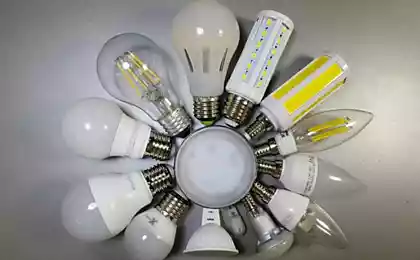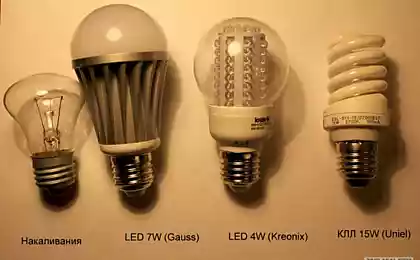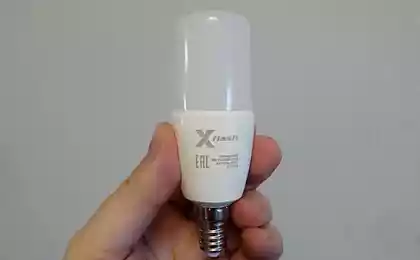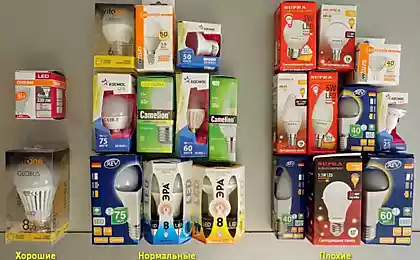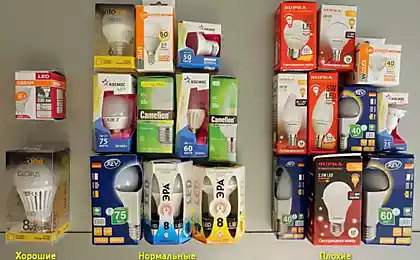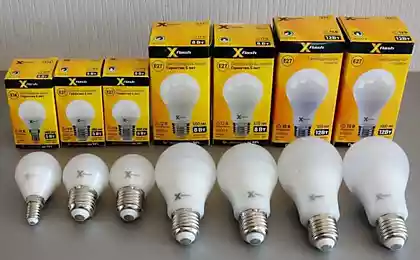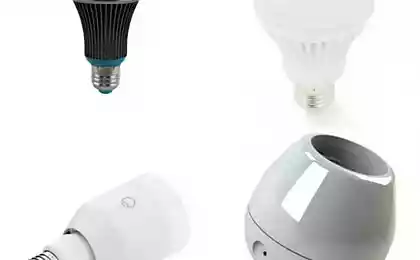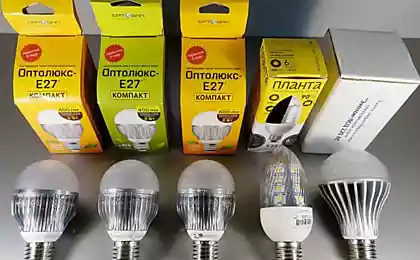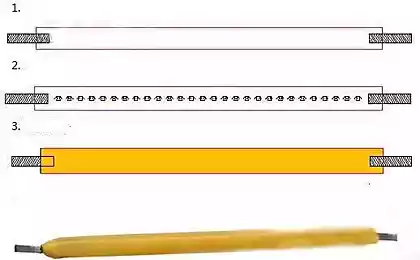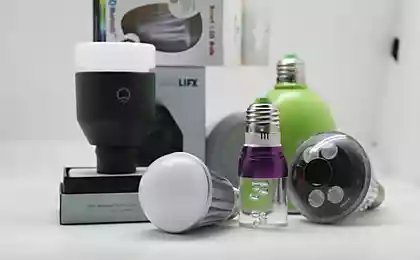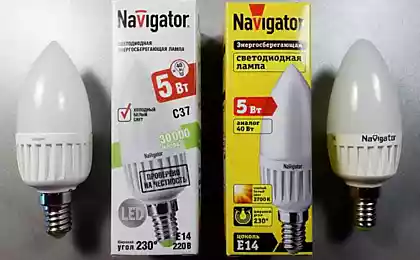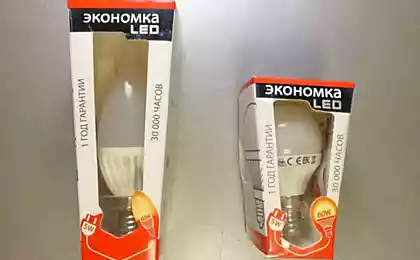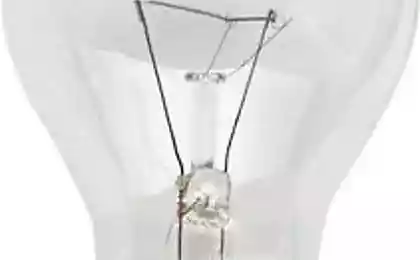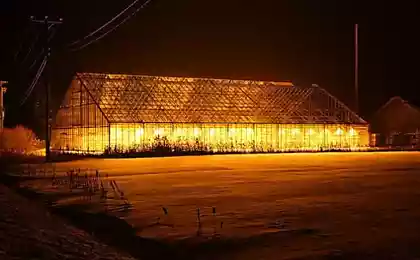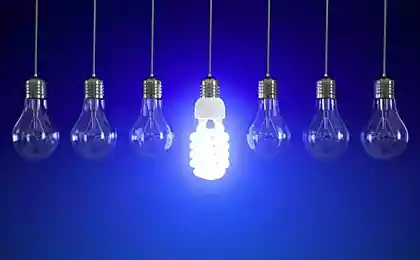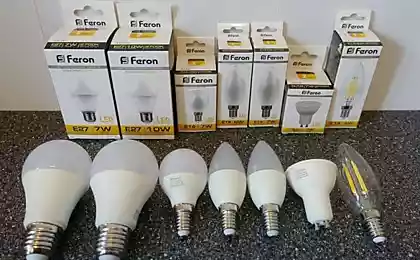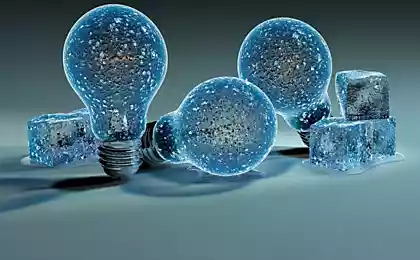809
Energy-saving lamps considered unsafe!
Return the "light bulb Ilyich»!
Europe recognized the energy-saving lamps unsafe!
The European Union is preparing to cancel entered a few years ago a ban on the production, sale and import of incandescent lamps. Chairman of the European Committee on Industry, Research and Energy, MEP Herbert Royle (Herbert Reul) in an interview with the Hamburg Die Welt newspaper has promised to do everything that will be in his power to lift the ban on the sale of incandescent light bulbs, in force since 2009. MP calls on the Commission to immediately cancel the existing rules and think - not whether, on the contrary, to prohibit the sale had come to replace the usual light bulbs with energy-saving lamps that have received trade name "economical." By Royle is now vice-president of the European Parliament Silvana Koch-Mehrin (Silvana Koch-Mehrin), recommending again allowed to sell at least a lamp disgraced private traders and not to turn the guise of environmental hazardous special waste in the light source.
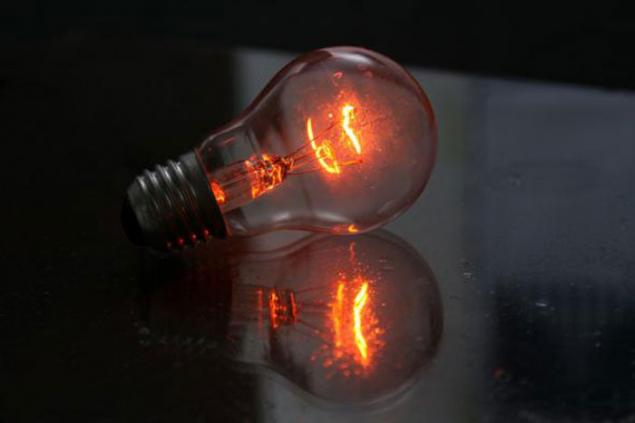
Federal Office for the Environment in early December, spread information about the dangers to human health, which could cause contained in energy-saving lamps mercury. The Office presented data of the current study, according to which, if the energy-saving lamp inadvertently break, the mercury concentration in the room is 20 times higher than the permissible 0, 35 micrograms per cubic meter of air. Do not resolved the issue with the disposal of end-of-period allotted energy-saving lamps: adequate infrastructure for collection is not created, and most contain dangerous mercury "housekeepers" to finish their days on normal landfills, where they do not belong. In addition, in calculating the energy savings do not take into account the energy consumption for the production of energy-saving lamps and their proper disposal: they are much higher than for standard incandescent bulbs, and virtually nullify the expected energy savings. By the way, "RG / RB" was one of the few media, which pointed to the problems before the ban.
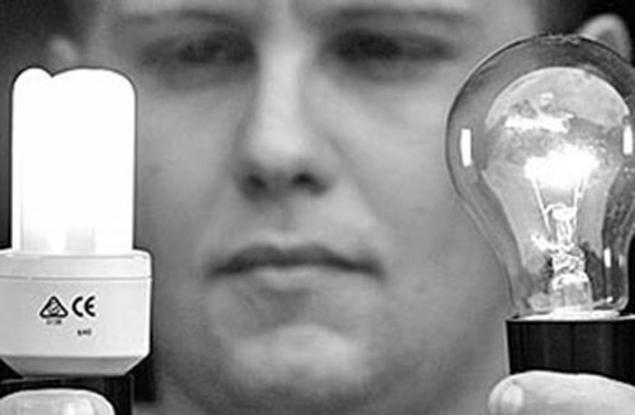
Traditional incandescent light bulbs of 100 watts prohibited for sale in the EU since September 2009, 75 watts - September 2010. In September 2011, there will be the turn of 60-watt - the most widely used light bulbs. Until the autumn at the Brussels officials still have the opportunity to prove that they do not knowingly eat up millions of taxpayers. In that long inflames sluggish and dull luminous green light "housekeeper" can not be good, not too prone to attacks by consumer marketers especially doubted. Now, if you focus on the numerous reports on German Internet forums, it is altogether certain that devotees of environmental anathema for the high energy consumption of the usual incandescent and slowly replaced by their absurdity - a clever scam. And if in the near future to the same Internet portal WikiLeaks want to publish sensitive information about European officials colluding with developers and manufacturers of energy-saving lamps, it is not so much a sensation as a confirmation of our worst suspicions.
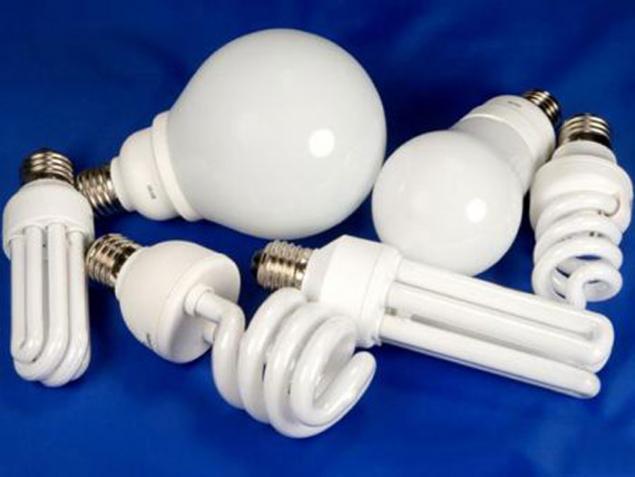
Europe recognized the energy-saving lamps unsafe!
The European Union is preparing to cancel entered a few years ago a ban on the production, sale and import of incandescent lamps. Chairman of the European Committee on Industry, Research and Energy, MEP Herbert Royle (Herbert Reul) in an interview with the Hamburg Die Welt newspaper has promised to do everything that will be in his power to lift the ban on the sale of incandescent light bulbs, in force since 2009. MP calls on the Commission to immediately cancel the existing rules and think - not whether, on the contrary, to prohibit the sale had come to replace the usual light bulbs with energy-saving lamps that have received trade name "economical." By Royle is now vice-president of the European Parliament Silvana Koch-Mehrin (Silvana Koch-Mehrin), recommending again allowed to sell at least a lamp disgraced private traders and not to turn the guise of environmental hazardous special waste in the light source.

Federal Office for the Environment in early December, spread information about the dangers to human health, which could cause contained in energy-saving lamps mercury. The Office presented data of the current study, according to which, if the energy-saving lamp inadvertently break, the mercury concentration in the room is 20 times higher than the permissible 0, 35 micrograms per cubic meter of air. Do not resolved the issue with the disposal of end-of-period allotted energy-saving lamps: adequate infrastructure for collection is not created, and most contain dangerous mercury "housekeepers" to finish their days on normal landfills, where they do not belong. In addition, in calculating the energy savings do not take into account the energy consumption for the production of energy-saving lamps and their proper disposal: they are much higher than for standard incandescent bulbs, and virtually nullify the expected energy savings. By the way, "RG / RB" was one of the few media, which pointed to the problems before the ban.

Traditional incandescent light bulbs of 100 watts prohibited for sale in the EU since September 2009, 75 watts - September 2010. In September 2011, there will be the turn of 60-watt - the most widely used light bulbs. Until the autumn at the Brussels officials still have the opportunity to prove that they do not knowingly eat up millions of taxpayers. In that long inflames sluggish and dull luminous green light "housekeeper" can not be good, not too prone to attacks by consumer marketers especially doubted. Now, if you focus on the numerous reports on German Internet forums, it is altogether certain that devotees of environmental anathema for the high energy consumption of the usual incandescent and slowly replaced by their absurdity - a clever scam. And if in the near future to the same Internet portal WikiLeaks want to publish sensitive information about European officials colluding with developers and manufacturers of energy-saving lamps, it is not so much a sensation as a confirmation of our worst suspicions.

